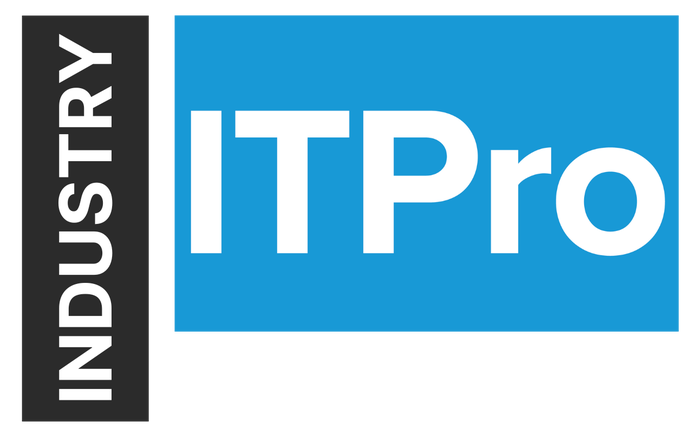
Insight and analysis on the information technology space from industry thought leaders.
What Is Open Source's Role in Platform Engineering?What Is Open Source's Role in Platform Engineering?
Platform engineering safeguards development practices with standardized controls and flexibility. But as it takes off, how do open source strategies fit in?
October 30, 2023

While there is no one-size-fits-all approach to platform engineering, it's becoming increasingly clear that open source software and technologies are absolutely vital to its success — something I'll explain more fully later in this article. First, let's quickly dig a little deeper into why the hype around platform engineering is justified.
Why Platform Engineering Matters
Platform engineering can become an engine that drives real business transformation. Importantly, it bridges the gap between pie-in-the-sky claims about accelerating application development (and ROI) and the boots-on-the-ground reality of most software teams, which are often already stretched thin while being asked to support increasingly ambitious business goals.
One of the principal benefits of platform engineering for developers is that they no longer need to continuously reinvent the proverbial wheel to tackle those corporate requirements. They focus on what they do best — building applications and services — instead of spending countless hours on repetitive work around infrastructure, security, and other needs.
Let's look at a specific example. If your platform engineers have built an internal developer platform that provides (among other tools and services) database technologies that already meet requirements around disaster recovery, availability, and security, your developers can rapidly get on with the job of building products without needing to design for these requirements. They're already in place.
Compare this to a development team or service owner that must implement all of that on their own to support a new database capability. The team that uses the internal developer platform (IDP) is going to move much quicker and have a lower ongoing support burden to boot.
How Open Source Supports Platform Engineering Success
Building a team, an IDP, and the proper workflows requires real effort — work that will be worth it in the long run.
Open source can and should play a pivotal role in this effort, offering myriad benefits to platform engineering teams and the developers that benefit from their work. Let's look at several specific advantages open source can offer to a platform engineering strategy.
1. Portability: Open source technologies, unlike many of their closed, open core, or proprietary counterparts, make it easier for platform owners to offer the exact same developer experience for developers regardless of which clouds or infrastructure providers they're using. This might be especially important for the growing number of organizations operating in hybrid cloud or multicloud environments.
2. Talent recruitment: Using open source software in your internal developer platform ensures you can hire staff with existing experience and they can get up and running fast. That's because the popularity of so many of today's cloud-native open source communities — whether databases or Kubernetes or security tooling — means there are more and more technology pros who are building the necessary skills. Moreover, IT pros want to work somewhere where the tools they use will translate to other opportunities. That's more likely with open source than with proprietary systems. Moreover, you can plug talent gaps and gain operational expertise by connecting the in-house platform to external open source platforms as needed.
3. Security: Enterprise IT teams once labored under the misconception that open source was less secure. Today, that's been dispelled as a myth. The level of transparency provided by open source software, and particularly those projects governed by well-known and administered foundations, enhances the security of platform engineering efforts, provided you're focusing on reputable projects and technologies with strong track records.
4. Pluggability: Open source software ensures you have the ability to develop and change code that matches your actual requirements, rather than trying to shoehorn your requirements into a vendor's vision or product roadmap. Also, contributing those changes back to the community ensures that the work and support get democratized across all users of the software.
How Open Source Can Help You Get Started with Platform Engineering
For one, open source gives you the means to start small. Identify key gaps in your platform and developer experience and look for reliable open source options to deliver those needs. For example, if your company doesn't have a great solution for scale-out data stores, look for a use case or a team that already has success with something — the fully open source version of Apache Cassandra might fit — and work on providing that capability to everyone else.
Secondly, open source technologies can help you make adoption, testing, experimentation, and exploration easier for your developers — a must for a successful platform approach. (Remember: you are competing against them using whatever shiny new thing they come across on their own!)
Finally, platform teams need to help developers build products that are compliant by default. Leveraging trusted, supported open source technologies makes that much simpler. That's especially the case compared to the Wild West approach where devs use whatever suits them because no one is providing them with what they need. The push toward platform engineering is plenty justified, and tying in an open source strategy will make the transformation stronger, faster, and more cost-efficient.
About the Author
You May Also Like






.jpg?width=700&auto=webp&quality=80&disable=upscale)
